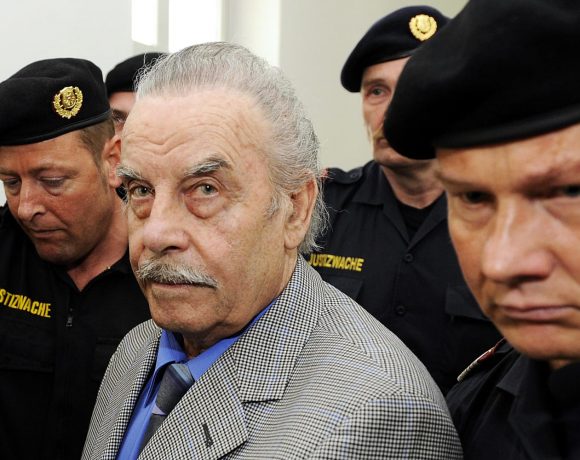
A court in Austria has ruled that Josef Fritzl, infamous for imprisoning his daughter for 24 years and fathering seven children with her in a dungeon beneath his home, can be transferred to a regular prison. The court in Krems an der Donau cited Fritzl’s advancing age, progressive dementia, and physical frailty as reasons why he no longer posed a serious danger requiring him to be held in a psychiatric unit within the prison system.
While this decision theoretically opens the possibility of eventual release, the court emphasized that due to Fritzl’s unprecedented criminal history and the severity of his actions, both release and conditional release are highly unlikely for “special preventative reasons.” Fritzl’s lawyer has indicated plans to apply for his release a year after the transfer, but the court’s statement suggests that such a step is improbable.
The Fritzl case, which shocked Austria when it came to light in 2008, involved Fritzl imprisoning his daughter Elisabeth in a cellar in 1984, where he repeatedly raped her and fathered seven children with her. Three of the children were confined in the cellar with Elisabeth, while the others lived upstairs with Fritzl’s unsuspecting wife. The case was discovered when one of the children became seriously ill and had to be taken to the hospital.
Fritzl initially denied the charges of murder and enslavement but later changed his plea after watching his daughter’s videotaped testimony in court. Elisabeth and her children have since been given new identities.
Picture Courtesy: Google/images are subject to copyright



